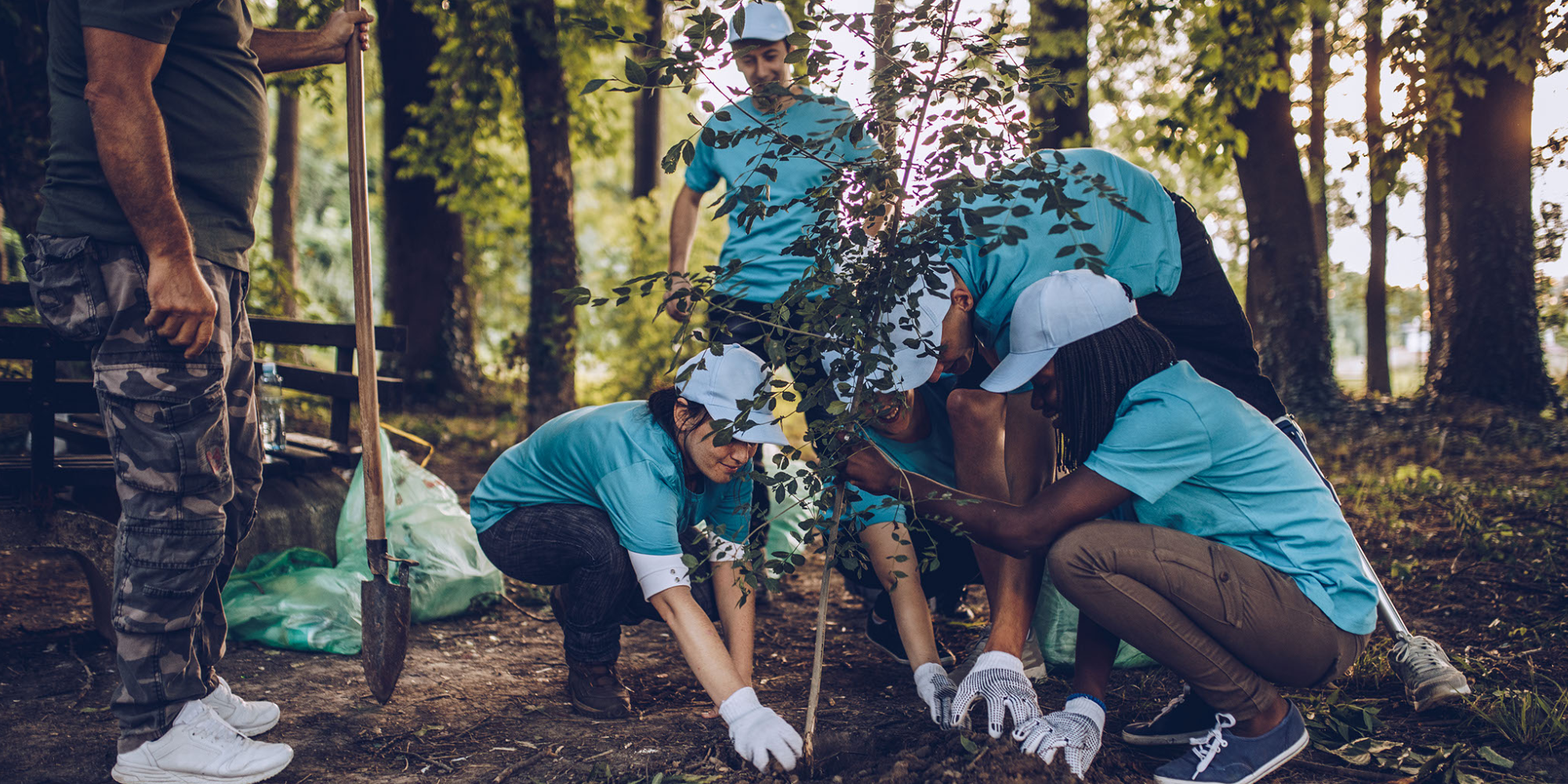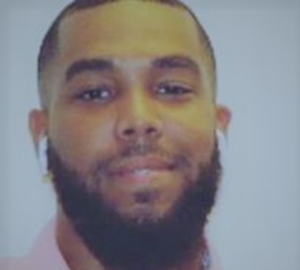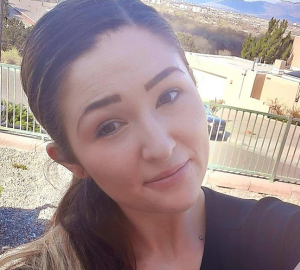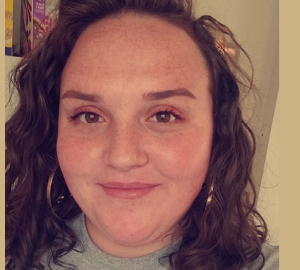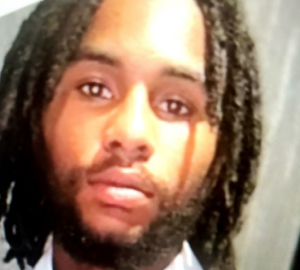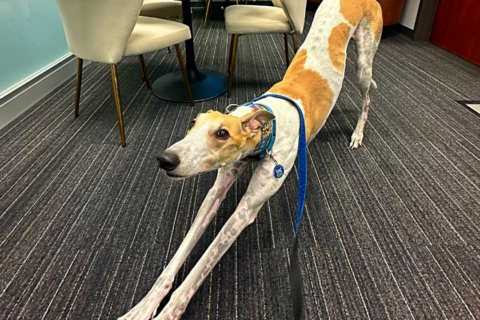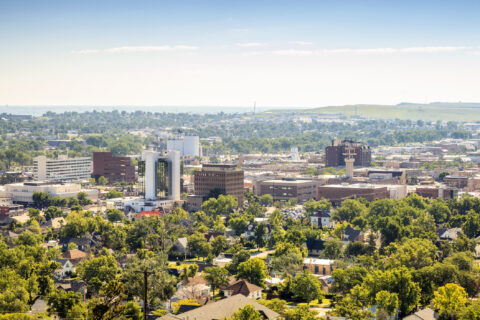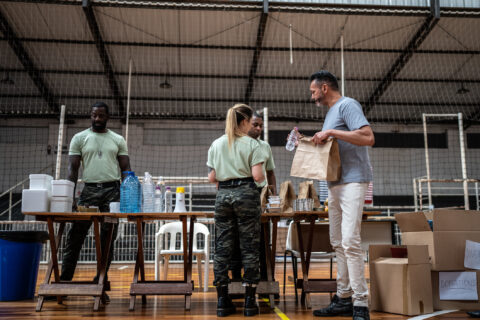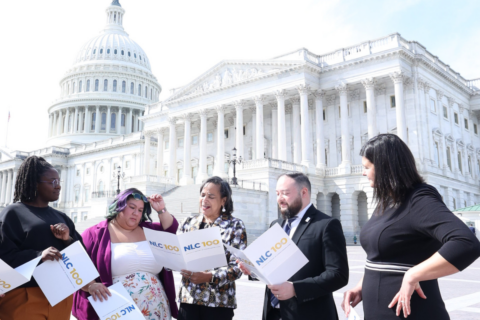Young Adults between the ages of 18 and 26 are arrested and jailed at higher rates than other age ranges -representing 9.5% of the U.S. population, yet accounting for 23% of all arrests. We are frequently portrayed as violent or irresponsible by the media and, by the many systems that overwhelmingly fail us. However, in many cities, systems are changing to recognize our promise instead of spotlighting our struggles.
Programs like PowerCorpsPHL, their sister program, PowerCorps Camden and Young Adult Courts (in San Francisco and Albuquerque) are some of the places where we can feel safe, respected, and move toward new ways of life. As a part of NLC’s Young Adult Council- a subgroup of the Young Adult Justice Community of Practice– we came together to answer several questions in hopes of inspiring more cities to create opportunities for young adults like us- as we celebrate Second Chances Month.
What do local leaders need to know about young adults and what they need to be successful?
Local leaders need to know that many young adults see our cities much like a dysfunctional home- we see no love, support, help, understanding or opportunity. We want to do better and succeed but with no support, we tend to fall into traps of desperation. Despite our trauma, we are capable, confident, and hardworking. We hope to see more young, honest, relatable elected officials that look like us and care to involve us in their work.
We can succeed with sustainable jobs and opportunities to get on track. These opportunities need to be specifically focused on young adults because most are not catered to us and therefore, we fail within them. We need the opportunity to eat well, sleep at night, and learn in enriching environments. We need opportunities that lead to attaining skills and careers that interest us.

Young adults need authentic, nonjudgmental, understanding, and caring support. We need free access to quality mental health services while also making living wages to sustain ourselves and our families. And most importantly, we need respect and guidance from those who serve us.
How can the justice system better serve young adults?
For the justice system to better serve young adults, it needs to focus on trauma recovery rather than incarceration and include us in every step of every process. If the system focuses on making young adults whole after they have done something wrong, it will help us avoid repeated mistakes and recidivism. Also, we have mental health needs, unique to our age group, that many of us do not how to properly address. Stronger partnerships are needed with nonprofit, government, healthcare and for-profit organizations. We also want to see cities divert funding from police/incarceration to specific services and life-sustaining opportunities.
·Tell us about the programs you represent.
PowerCorps trusts us to not only to be ourselves but to serve our communities. Most people see a young adult and automatically want to count them out but PowerCorps always provides a pathway to promise. The combination of environmental stewardship and workforce support, along with strong wraparound and reentry services- changes lives. Many who thought they would never have a career end up with living wage jobs because every single person involved cares about people authentically.
In Young Adult Court- we met weekly with a judge and our team of probation officers and therapists to discuss our week. We problem solve and plan for the next week. Court is not a scary place or a place of punishment- but a place to connect with people who support you and help you overcome hurdles.
When you see news/media articles that highlight young adults engaged in crime, violence, or other negative behaviors- how do you feel?
We feel disappointed in our communities, our cities and in the media itself. Most of the time- these articles show young black and brown adults engaged in behaviors that are the result of systems that have failed us. In reality- we feel that the community itself failed us because there are very few viable options to steer us away from the crime, violence, or other negative behaviors. We want support in breaking the narrative that we are up against. We feel judged by the color of our skin, our age, our zip codes and often the way we speak, dress, or communicate. Highlighting how we thrive, how we survive and amplifying/funding the changes to systems happening – could change our trajectory.
We are strong, resilient and despite obstacles, capable. Cities can support us by creating new and innovative approaches to justice and re-thinking hiring practices for city positions. Our hope is that our cities thrive with us and not against us. Through our work with National League of Cities, we can guide elected officials looking to better serve and engage young adults.
“We’re not the cause. We’re the effect.”
Nipsey Hussle
